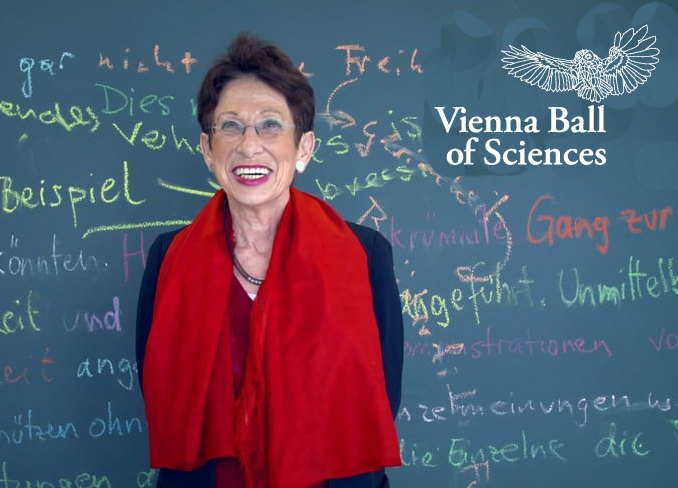“It doesn’t seem instantly apparent, how discourse researchers and lingusts can contribute to the big challenges of our time. Natural scientists have been involved until recently in a ‘race to the top’, to find the first good medication or effective vaccine against COVID-19. Social scientists cannot achieve that.
But we do have a different approach to the complex problems of our time, the multiple crises, in which our societies are in: This is true for the climate crisis as well as the corona crisis. We want to know how different protagonists (politicians, journalists, experts and civil society) handle such crises; which solutions are discussed; how are they explained by whom; and also, how these crises are exploited by political agendas and the media. On top of that, we want to know how these discurses work and which calls to action follow.
Both crises need societal rethinking; they impact all of us–with no difference in terms of class, ethnicity, gender, religion, job or age; and both phenomena have to do with huge constraints and cutbacks of our hitherto patterns of consumption and habits. Crises also point out inequalities; many things that have been unquestioned, suddenly are. Not a stone is left standing.
Such societal processes need careful backing, documentation and reflexion. We want to understand what is happening and why certain actions are more successful than others – for example when it comes to crisis communication. I am looking at the latter and am trying to compare the attempts of different governments to convince citizens of certain measurements which would constrain their basic rights. One study shows for example, how persuasive strategies are used or could be used.
First pilot studies show big differences between the Austrian, Italian, German and French government and their respective head of state. On top of that, we have the communication from “Brussels”: The role of the EU lies between the poles of national states and transnational, as well as global tendencies. All this means that we try to understand in a differential and systematic manner, in which direction we are heading and what this means for every one of us locally, regionally and nationally.
Our work also consists of publishing such scientific processes of refelection in an understandable manner, since these thoughts can help people to deal with uncertainties during times of crisis. Without those reflections, we remain powerless and we loose our agency. That is why social and cultural science hold very important tasks for today and the future.!
Ruth Wodak is a linguist, who is Emeritus Distinguished Professor and Chair in Discourse Studies at Lancaster University as well as Professor in Linguistics at the University of Vienna. In 2011 the Wittgenstein Prize laureate was awarded the Grand Decoration of Honour in Silver for Services to the Republic of Austria. Some of her recent books are “The Politics of Fear. The shameless normalization of far-right populist discourses”and “Österreichische Identitäten im Wandel”.
